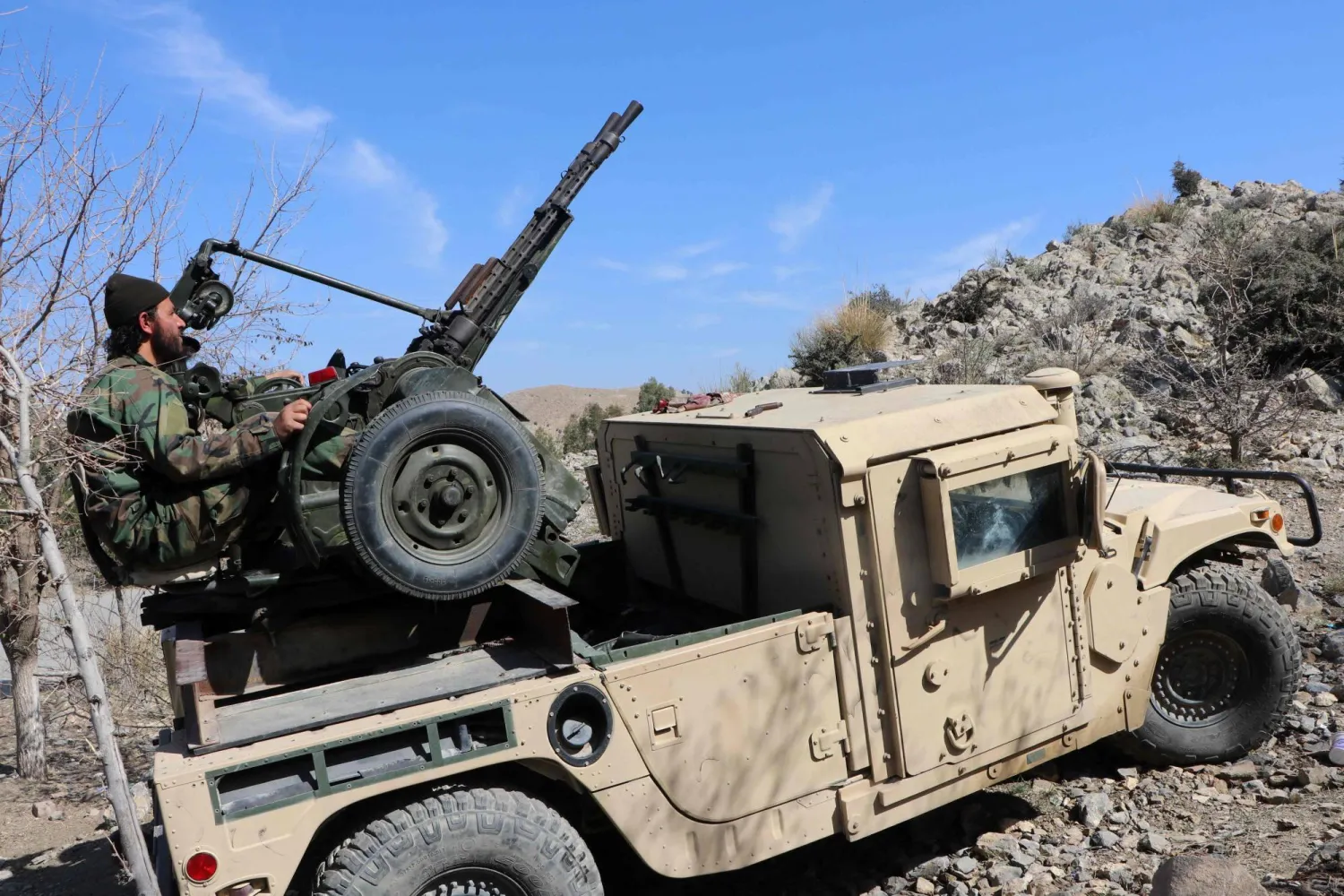Bangladesh’s Prime Minister Sheikh Hasina resigned on Monday, ending 15 years in power as thousands of protesters defied a military curfew and stormed her official residence.
Shortly after local media showed the embattled leader boarding a military helicopter with her sister, Bangladesh’s military chief Gen. Waker-uz-Zaman announced plans to seek the president's guidance on forming interim government.
He promised that the military would stand down, and to launch an investigation into the deadly crackdowns that fueled outrage against the government, and asked citizens for time to restore peace.
“Keep faith in the military, we will investigate all the killings and punish the responsible,” he said. “I have ordered that no army and police will indulge in any kind of firing.”
“Now, the students’ duty is to stay calm and help us," he added.
The protests began peacefully as frustrated students demanded an end to a quota system for government jobs, but the demonstrations have since morphed into an unprecedented challenge and uprising against Hasina and her ruling Awami League party.
The government attempted to quell the violence with force, leaving nearly 300 people dead and fueling further outrage and calls for Hasina to step down.
At least 95 people, including at least 14 police officers, died in clashes in the capital on Sunday, according to the country's leading Bengali-language daily newspaper, Prothom Alo. Hundreds more were injured in the violence.
At least 11,000 people have been arrested in recent weeks. The unrest has also resulted in the closure of schools and universities across the country, and authorities at one point imposed a shoot-on-sight curfew.
Over the weekend, protesters called for a “non-cooperation” effort, urging people not to pay taxes or utility bills and not to show up for work on Sunday, a working day in Bangladesh. Offices, banks and factories opened, but commuters in Dhaka and other cities faced challenges getting to their jobs.
Hasina offered to talk with student leaders on Saturday, but a coordinator refused and announced a one-point demand for her resignation. Hasina repeated her pledges to investigate the deaths and punish those responsible for the violence. She said she was ready to sit down whenever the protesters wanted.
Authorities shut off mobile internet on Sunday in an attempt to quell the unrest, while the broadband internet was cut off briefly Monday morning. It was the second internet blackout in the country after the protests turned deadly in July.
On Monday, after three hours of suspension of broadband services, both broadband and mobile internet returned.
Hasina had said protesters who engaged in “sabotage” and destruction were no longer students but criminals, and she said the people should deal with them with iron hands.
The 76-year-old was elected for a fourth consecutive term in a January vote that was boycotted by her main opponents, triggering questions over how free and fair the vote was. Thousands of opposition members were jailed in the lead-up to the polls, which the government defended as democratically held.
Today, she is the longest-serving leader in the history of Bangladesh, a predominantly Muslim nation of over 160 million people strategically located between India and Myanmar.
Her political opponents have previously accused her of growing increasingly autocratic and called her a threat to the country’s democracy, and many now say the unrest is a result of her authoritarian streak and hunger for control at all costs.









